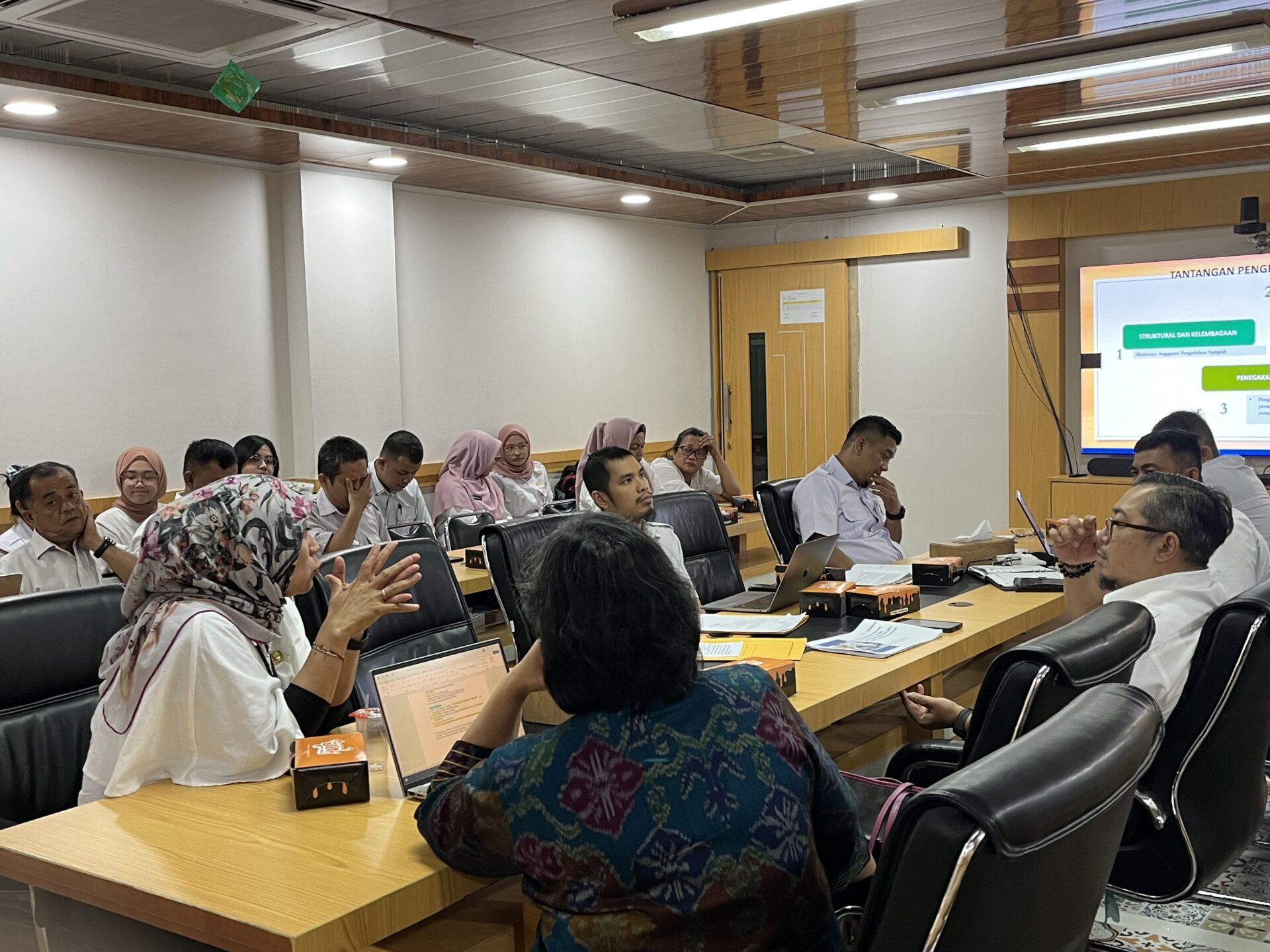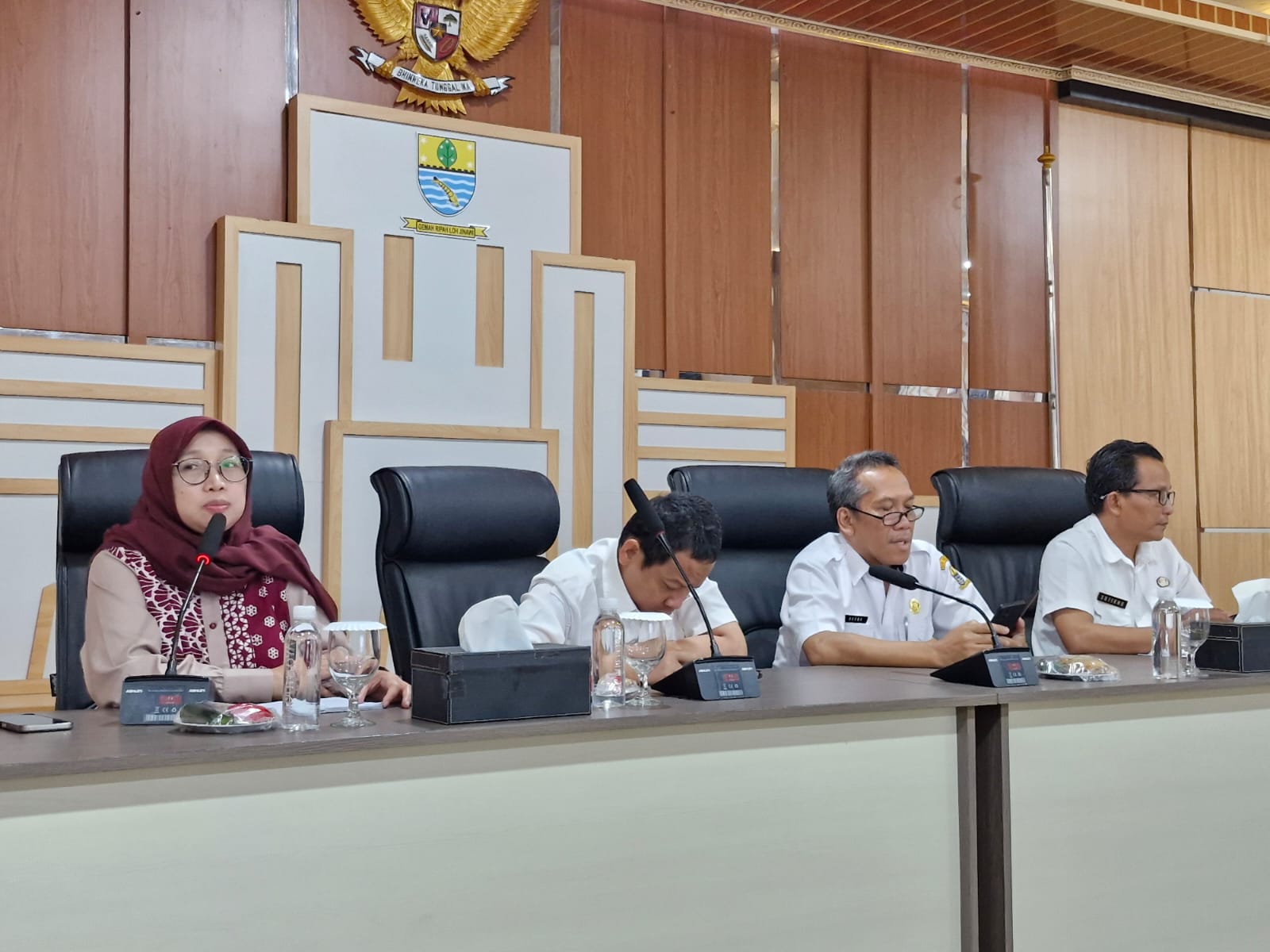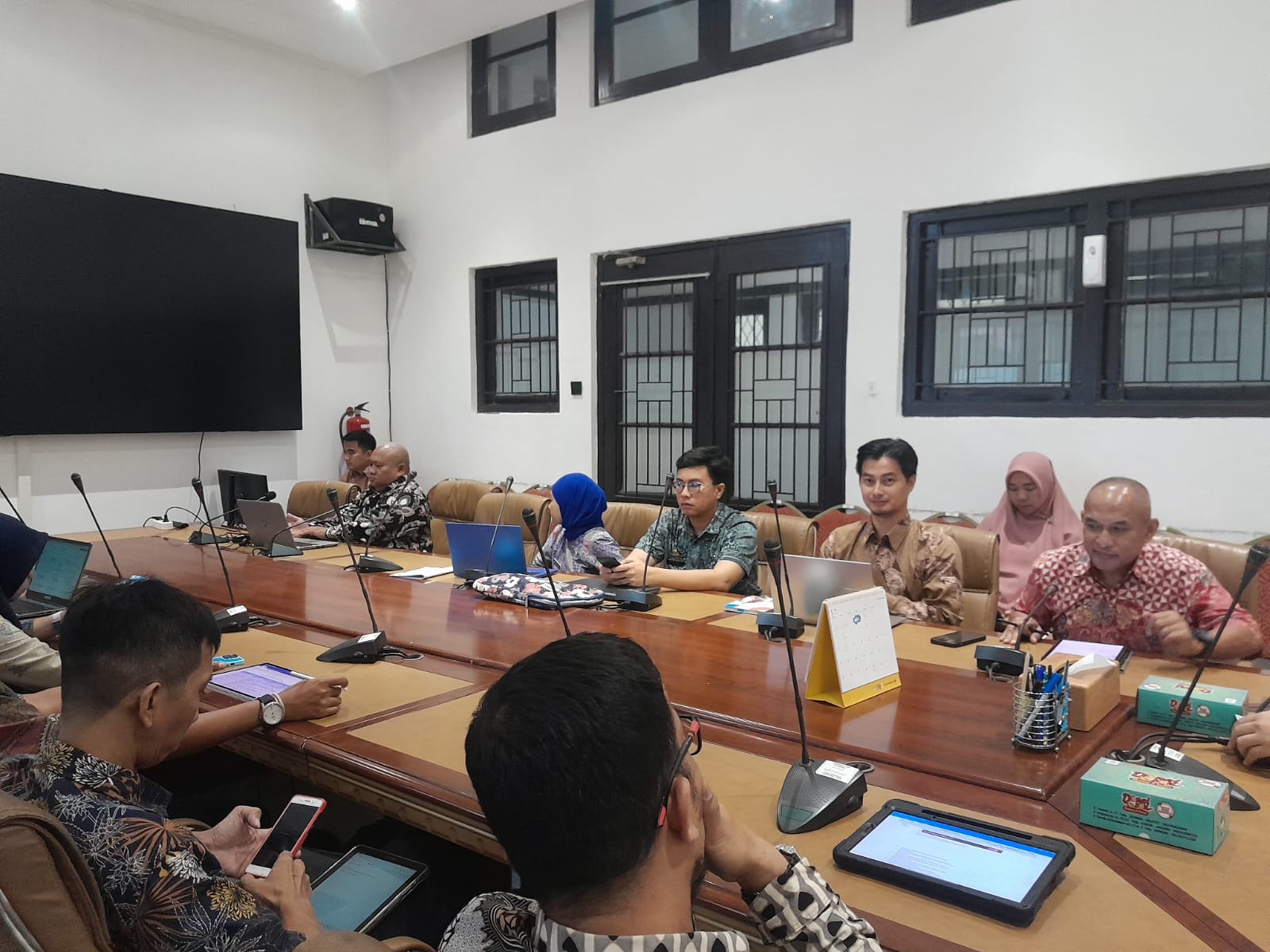Indonesia is currently facing a waste management emergency. Although almost 60% of waste is already managed, millions of tons of waste annually remain unhandled. This situation is exacerbated by the relatively slow rate of waste reduction in Indonesia, standing at just 13.34% or about 4.5 million tons per year (SIPSN, 2024).
In Presidential Regulation (PERPRES) No. 97 of 2017 concerning National Policies and Strategies for Household Waste and Household-Like Waste Management, the government set an ambitious target: a 30% reduction in household and household-like waste, and a 70% handling rate for the same by 2025.
Efforts beyond the conventional “collect-transport-dispose” model are needed in waste management. Waste requires holistic management by various stakeholders.
To promote more comprehensive solutions, PATTIRO, in collaboration with the Directorate General of Regional Development (Ditjen Bangda) SUPD I of the Ministry of Home Affairs and supported by the Asian Development Bank (ADB), is conducting a series of advocacy and technical assistance activities from May to July 2025. These activities are taking place in 11 districts/cities across Indonesia, with a focus on encouraging the implementation of gender-responsive budgeting in waste management.
The districts/cities targeted in this initiative include Medan City, Batam City, Tangerang Regency, Brebes Regency, Banyumas Regency, Samarinda City, Central Lombok Regency, Makassar City, Badung Regency, Cirebon Regency, and Cirebon City.
This initiative began by identifying gender gaps in waste management, which was then followed by the development of sub-activity action plans for the 2025 fiscal year. In addition, the activity also formulated proposed priority regional waste management programs to be included in the medium-term planning documents.
Several local government agencies involved include the Environmental Agency, Bappeda (Regional Development Planning Agency), Public Works Agency, Education Agency, Health Agency, Women’s Empowerment and Child Protection Agency (DP3A), Communication and Information Technology Agency, Community and Village Empowerment Agency, and other relevant departments.
The expected outputs of this activity are: the accommodation of a gender-responsive waste management agenda within the RPJMDs (Regional Medium-Term Development Plans) of the 11 districts/cities, and the existence of annual planning documents in the form of a Gender Action Budget (GAB). The GAB will serve as a commitment from local governments in planning and budgeting for gender-responsive waste management programs/activities. The hope is that these planning and budgeting documents will translate into concrete commitments, resulting in programs and budgets that are more just, inclusive, and directly impactful on waste management and community well-being.







